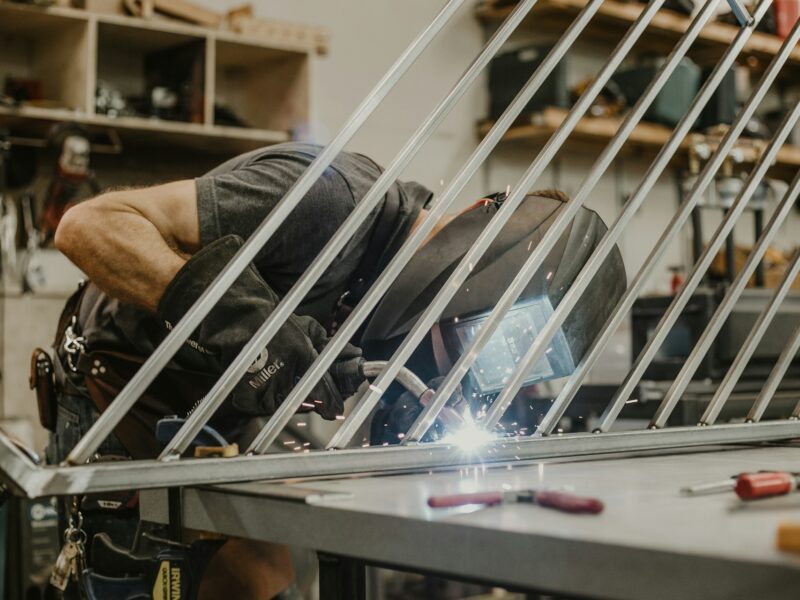Key Takeaways:
- Exploring a range of commercial roofing material options.
- Climate considerations in roofing material selection.
- Analyzing long-term economic impact of roofing choices.
- Assessing maintenance needs and durability.
- Tracking technological innovations in roofing.
- Tips for choosing the right commercial roofing contractor.
Choosing the right materials for a commercial roofing project is a decision that has enduring effects on a building’s structural integrity and operational efficiency. Additionally, with the availability of residential roofing solutions, the considerations for domestic properties can be different from those of commercial infrastructures. Here we focus on the latter, discussing the multiple factors to consider when deciding on roofing for commercial spaces. This article narrows down key considerations for choosing appropriate commercial roofing materials.
Contents
Types of Commercial Roofing Materials and Their Properties
The selection process starts with identifying the most suitable materials based on their unique properties, such as thermal insulation, load-bearing capacity, durability, and cost. Materials like TPO and EPDM offer affordability and ease of installation. In contrast, metal roofs and modified bitumen provide increased durability and longevity, often justifying their higher initial investment.
Climate and Environmental Considerations
Roofing materials must be chosen with a clear understanding of the local climate. Regions prone to harsh weather conditions necessitate robust materials that can endure without significant wear. Environmental regulations may also guide or limit choices based on ecological impact.
Cost-Benefit Analysis of Roofing Materials
Financial decisions around roofing should encompass initial installation costs, ongoing maintenance expenses, and potential energy savings over time. Materials with higher initial costs but lower life-cycle expenses offer substantial long-term savings and are often more attractive to businesses looking to optimize their investment.
The Importance of Roofing Material Durability
Durability is critical in commercial roofing as it directly impacts maintenance needs and service life. High-durability options like metal roofing can reduce the need for frequent repairs, though they may come at a greater initial expenditure. Conversely, more affordable materials may require additional maintenance, impacting operational workflow.
Technological Advances in Commercial Roofing
Contemporary advancements in roofing materials can lead to increased energy efficiency, reduced installation times, and longer lifespans for roofs. Keeping apprised of these advancements is crucial for making informed decisions that may affect a business’s economic and environmental footprint.
Maintenance and Life Expectancy of Commercial Roofs
Maintenance commitment and expected longevity are intertwined aspects that impact the total cost of ownership of a roof. A high-maintenance material might be less expensive up front but could accrue higher costs over time due to its upkeep requirements.
Choosing a Commercial Roofing Contractor
Alongside material selection, entrusting the right roofing contractor to handle your commercial roofing project is imperative. Look for a company with established credibility, comprehensive expertise, and a solid portfolio of completed commercial (and possibly residential) projects. Their advice can prove pivotal in selecting materials that meet the specific demands of a building in its environment.



